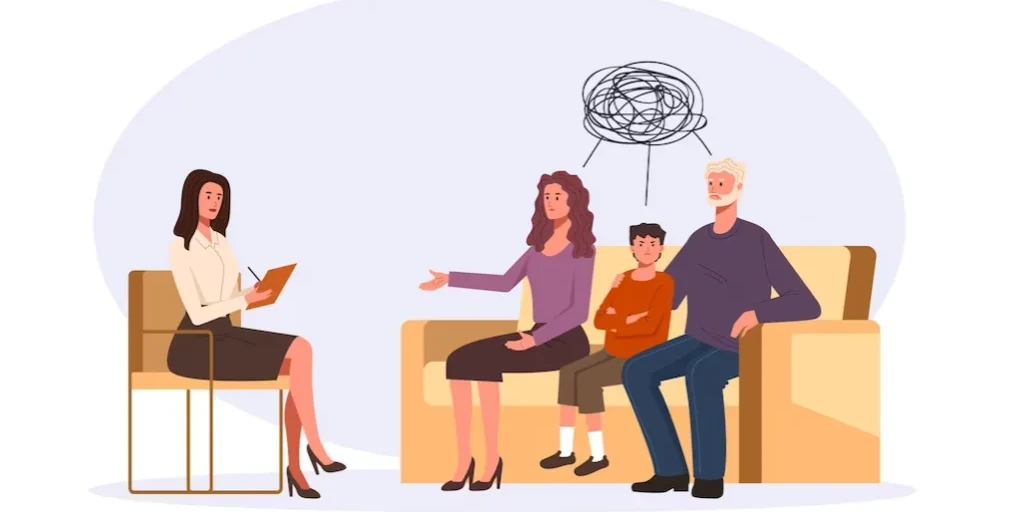24/7 Helpline:
(866) 899-221924/7 Helpline:
(866) 899-2219
Learn more about PTSD Treatment centers in Palm Coast
PTSD Treatment in Other Cities

Other Insurance Options

Magellan

State Farm

Access to Recovery (ATR) Voucher

Regence

Private insurance

Covered California

Highmark

CareFirst

WellPoint

Multiplan

Ceridian

Providence

Coventry Health Care

Magellan Health

Aetna

BlueCross

UnitedHealth Group

Premera

United Health Care

Sutter

Quantum’s Oceanside Recovery
Quantum’s Oceanside Recovery specializes in the treatment of substance abuse, including alcohol and ...

AA – Alcoholics Anonymous
AA – Alcoholics Anonymous is a non-profit rehab located in Palm Coast, Florida. AA – Alcoholics Anon...

Stewart Marchman ACT – Behavioral Health Center
Stewart Marchman ACT – Behavioral Health Center is a private rehab located in Palm Coast, Florida. S...

WhiteSands Treatment – Palm Coast
WhiteSands Treatment – Palm Coast is a private rehab located in Palm Coast, Florida. WhiteSands Trea...









